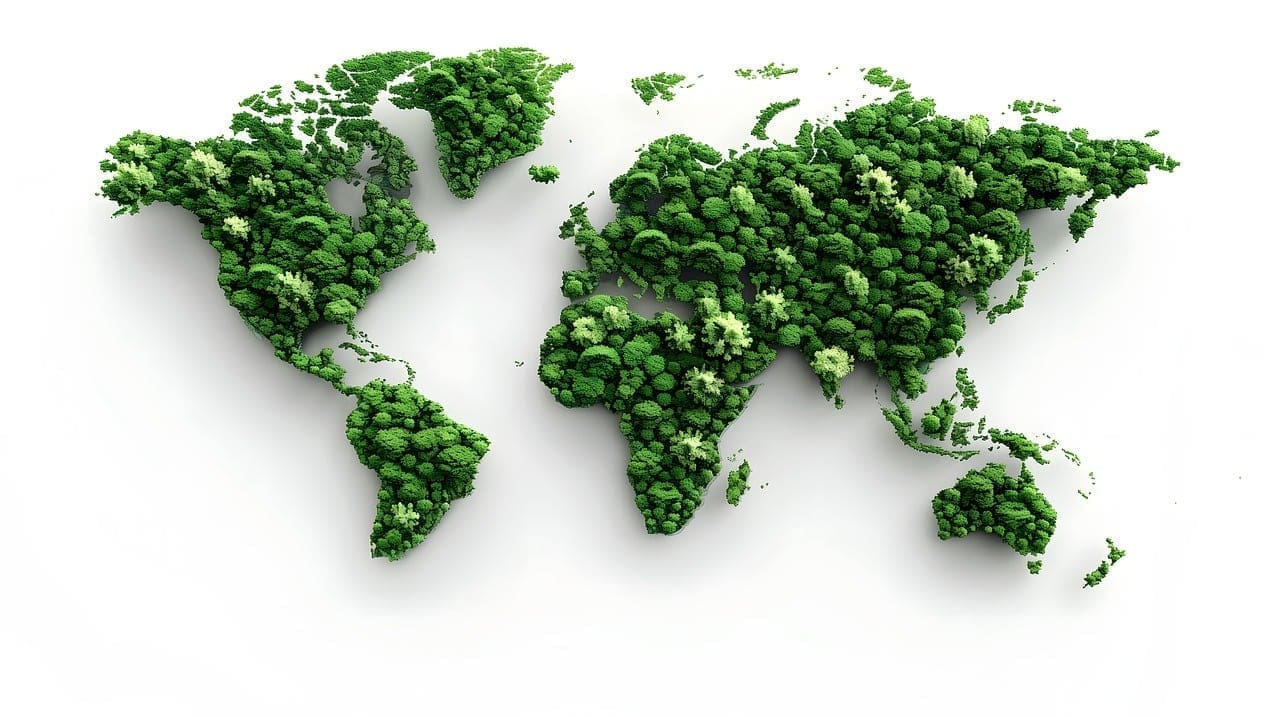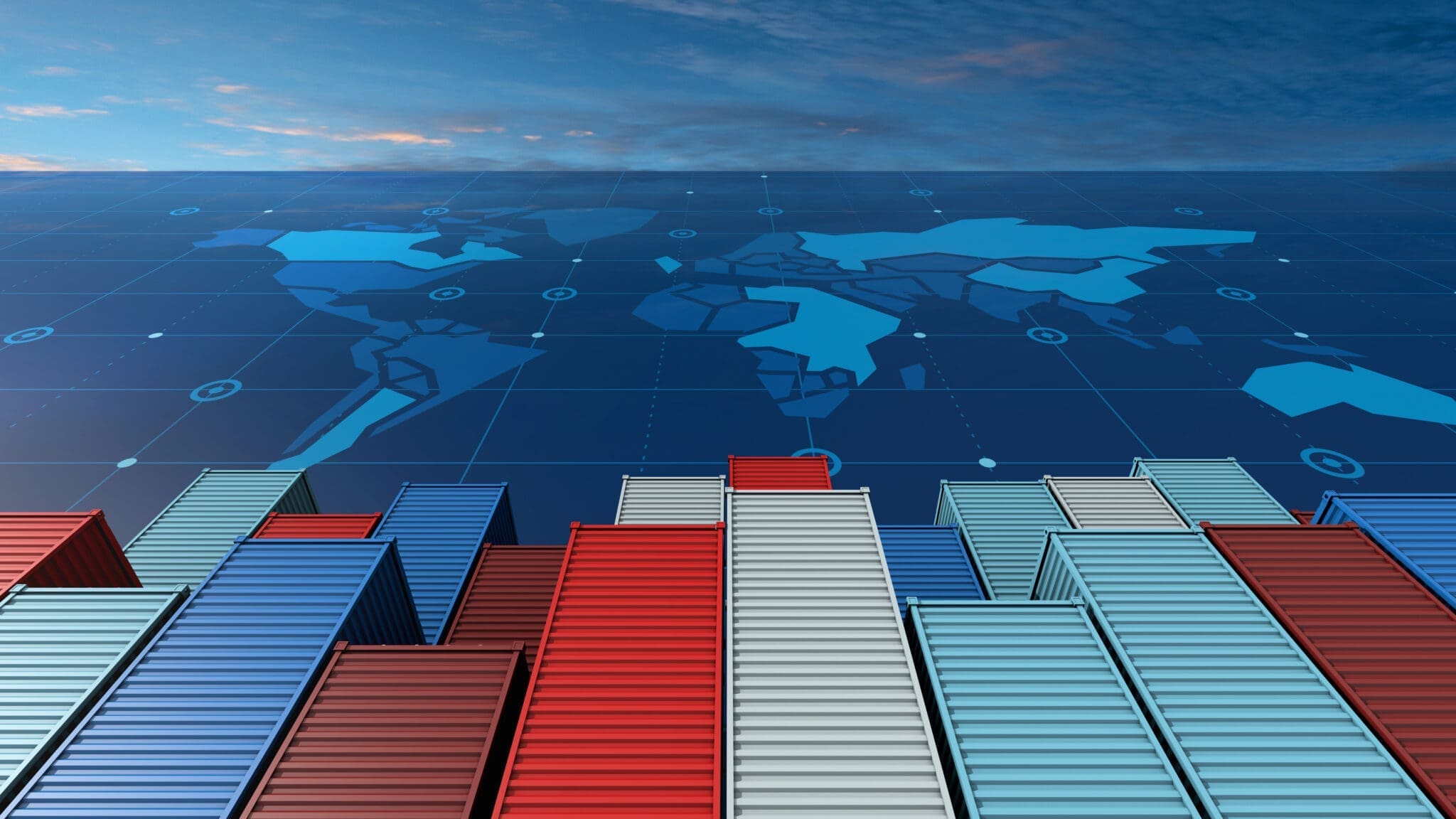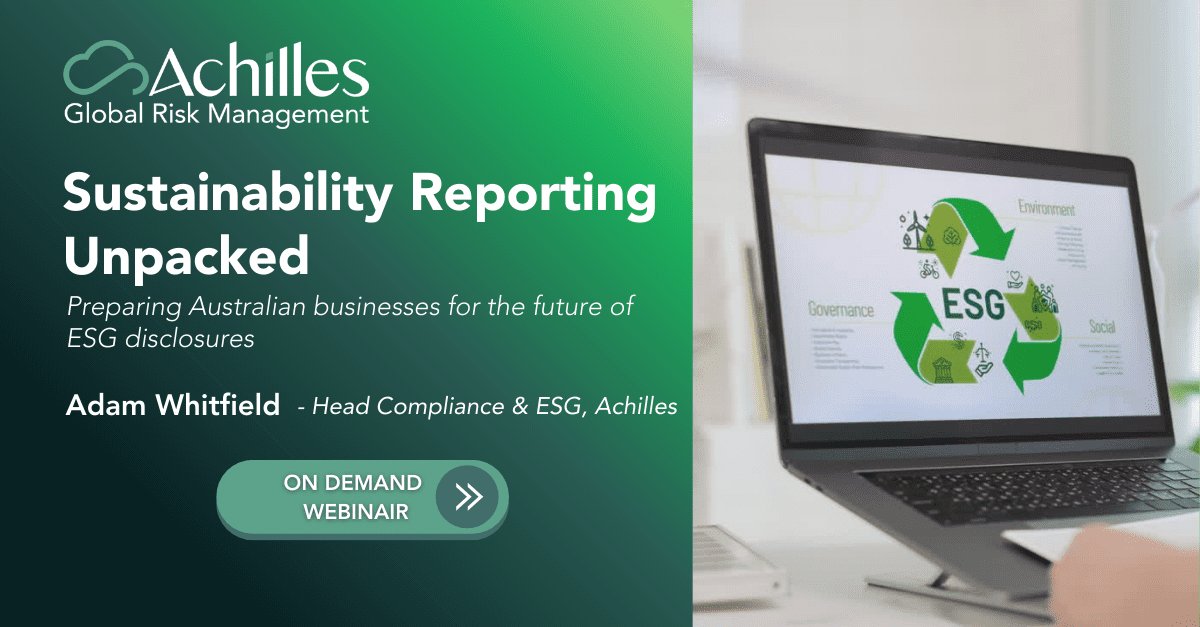Do you know the trending sustainability topics on the minds of business professionals worldwide?
The sustainability landscape is evolving rapidly, mostly driven by technological advancements, regulatory pressures, and the growing public concern about environmental issues. Businesses are increasingly becoming more aware of the commercial benefits of ‘doing the right thing’, but the impact is often balanced with resources, time pressures and the capacity of critical business stakeholders.
Recognising the importance of staying informed of key trends, we have compiled a list of trending sustainability topics and the reasons behind their growing popularity. Here’s our list to help you build responsible and sustainable value chains in 2024.
1. Green Hydrogen
Green hydrogen, produced via electrolysis using renewable energy, is surfacing as a crucial component of the clean energy industry. Some governments are incentivising its production through investment subsidies and tax credits. Some sectors such as transport and heavy industry are expected to greatly benefit from this new technology by potentially reducing carbon emissions on a large scale. Investments into this new energy have increased in recent months, and planned projects across Europe, India, and the United States reflect a global commitment to this technology.
2. Food Waste Reduction
Food waste is a major sustainability challenge, with approximately one-third of food produced for human consumption wasted annually[1]. Composting is gaining traction as an effective solution, converting organic waste into valuable compost and reducing methane emissions from landfills. This initiative is supported by legislation in countries like France, in states like Oregon and Washington in the US, where composting for businesses is mandated and, in the UK, where regular food collections for households is now widespread.
3. Reuse and Second-Hand Purchasing
The second-hand market is booming, driven by environmental and economic considerations. Consumers are increasingly opting for second-hand products, from clothing to furniture, to minimise their carbon footprint and save money. This shift is particularly evident among younger generations, who prioritise sustainability and ethical consumption. The second-hand clothing market alone is projected to grow significantly, underscoring a broader trend towards circular economy practices.[AW1]
4. Sustainable Materials
The demand for sustainable materials is rising across industries. Alternatives like green steel, sustainable aviation fuel, bamboo, hemp, and organic cotton are becoming popular in sectors such as packaging, fashion, and construction. These materials offer environmental benefits, including biodegradable qualities and reduced resource consumption. As consumers and businesses alike seek greener options, the adoption of sustainable materials is set to increase.
5. Regulations Against Greenwashing
Regulatory bodies are cracking down on greenwashing, requiring companies to substantiate their environmental claims. The European Union’s Corporate Sustainability Reporting Directive (CSRD) exemplifies this trend. Regulations like CSRD aim to enhance transparency and accountability, ensuring that businesses genuinely contribute to sustainability goals rather than merely engaging in superficial marketing tactics.
6. Nature-Positive Initiatives
Biodiversity conservation and ecosystem restoration are becoming central to sustainability agendas, initiatives like the Taskforce of Nature-related Financial Disclosures (TNFD) have recently been established to support nature restorative activities. Companies are encouraged to adopt nature-positive practices that contribute to the preservation and regeneration of natural habitats. This focus aligns with broader environmental goals and reflects a growing recognition of the links between environment and society.
7. Adaptation and Resilience Plans
With the increasing frequency of climate-related hazards, there is a heightened focus on developing adaptation and resilience strategies. Many companies are now required to disclose their climate risks and invest in measures to enhance their resilience. These strategies are essential for mitigating the impacts of climate change associated with their own operations and their value chains.
8. Health Impacts of Climate Change
The link between climate change and public health is gaining more attention. Issues such as the spread of diseases, food and water security, and the health effects of extreme weather events are becoming integral to sustainability discussions. This trend highlights the need for comprehensive approaches that address both environmental and health impacts. In April, the European Court of Human Rights (ECtHR) ruled that the Swiss Government’s climate policies violated human rights. The court ruled that the nation had failed to fully comply with obligations to protect individuals “from the serious adverse effects of climate change on lives, health, well-being and quality of life”.
9. Voluntary Carbon Market
The voluntary carbon market is evolving, with new guidelines aimed at improving the quality and transparency of carbon credits. This market allows companies to offset their emissions, playing a vital role in broader carbon reduction strategies. The increased scrutiny and standardisation efforts are intended to enhance the credibility and effectiveness of carbon offsetting. There are associated consequences with the increase in such schemes, including the effects on human rights. Land grabbing being one of these, where businesses are increasingly using offset schemes involving reforestation, delaying the true reduction of carbon and increasing human rights violations in rainforest communities[2].
10. Artificial Intelligence in Sustainability
Artificial intelligence (AI) is revolutionising sustainability efforts, particularly in carbon and supply chain management. AI-driven platforms, such as MyAchilles can streamline data collection and analysis, helping companies comply with regulations and identify more sustainable business practices. The application of AI in agriculture, for example, enables precision farming, which can lead to more sustainable and efficient agricultural practices such as reduced fuel and chemicals use.
Why is sustainability continuing to grow in popularity?
You only need to watch the latest news headlines or scroll through industry websites to see that sustainability is at the heart of many organisations’ emerging corporate strategies and plans in the short and medium term. World leaders are becoming increasingly vocal about the need for change, at the latest UN Climate Change conference it was clear there is clear ambition to accelerate the change globally, supporting those who lack the resources to do so themselves.
The rise of various sustainability trends is driven by many different factors. Achilles has worked globally with clients, initially managing supplier procurement in the early 1990’s. Since then, the focus has significantly shifted from health and safety-related risks to industries expanding their focus to consider social and environmental factors. Health and safety topics are still important – especially in many of the high-risk industries we work in today – such as transport, energy and mining. Large organisations are building bigger, three-dimensional pictures of their value chains, for several reasons.
Regulatory pressures are forcing companies to implement stricter measures, and governments worldwide have introduced several laws including the EU Corporate Sustainability Due Diligence Directive (CSDDD), forcing companies to adopt more sustainable supply chain practices, enhancing transparency and encouraging greater emphasis on corporate accountability.
Alongside the pressure created by government, regulatory and industry bodies, consumers are demanding more sustainable products and services. There is much more awareness of sustainability issues such as greenhouse gas emissions, climate action and modern slavery. Investors are increasingly favouring businesses who have strong ESG credentials which has resulted in increased focus on sustainable business practices to increase investment or financial performance.
The increased use of AI is driving a positive shift towards clean technology innovations, which makes it easier and more cost-effective for businesses to achieve sustainability goals. AI-enabled software systems are also increasing efficiencies within businesses, enabling quicker and more accurate management of sustainability-related issues.
At Achilles, we understand the critical importance of these trends. We support businesses in navigating the shifting global sustainability landscape to help them achieve their sustainability objectives, through adopting more ethical and sustainable supply chain practises. As the world moves towards a greener future, adopting a proactive approach to identify more sustainable operating practices will be critical in ensuring long-lasting business and sustainability success.
[1] “End Food Waste Day.” United Nations, www.un.org/en/observances/end-food-waste-day. Accessed July 2024.
[2] Jérémie Gilbert, Land Grabbing, Investors, and Indigenous Peoples: New Legal Strategies for an Old Practice?, 51 Cmty. Dev. J. 350, 351–52 (2016).
Land Grabbing for Biofuels Must Stop, GRAIN (Feb. 21, 2013), https://grain.org/article/entries/4653-land-grabbing-for-biofuels-must-stop#






